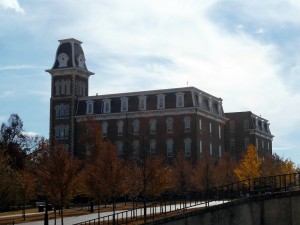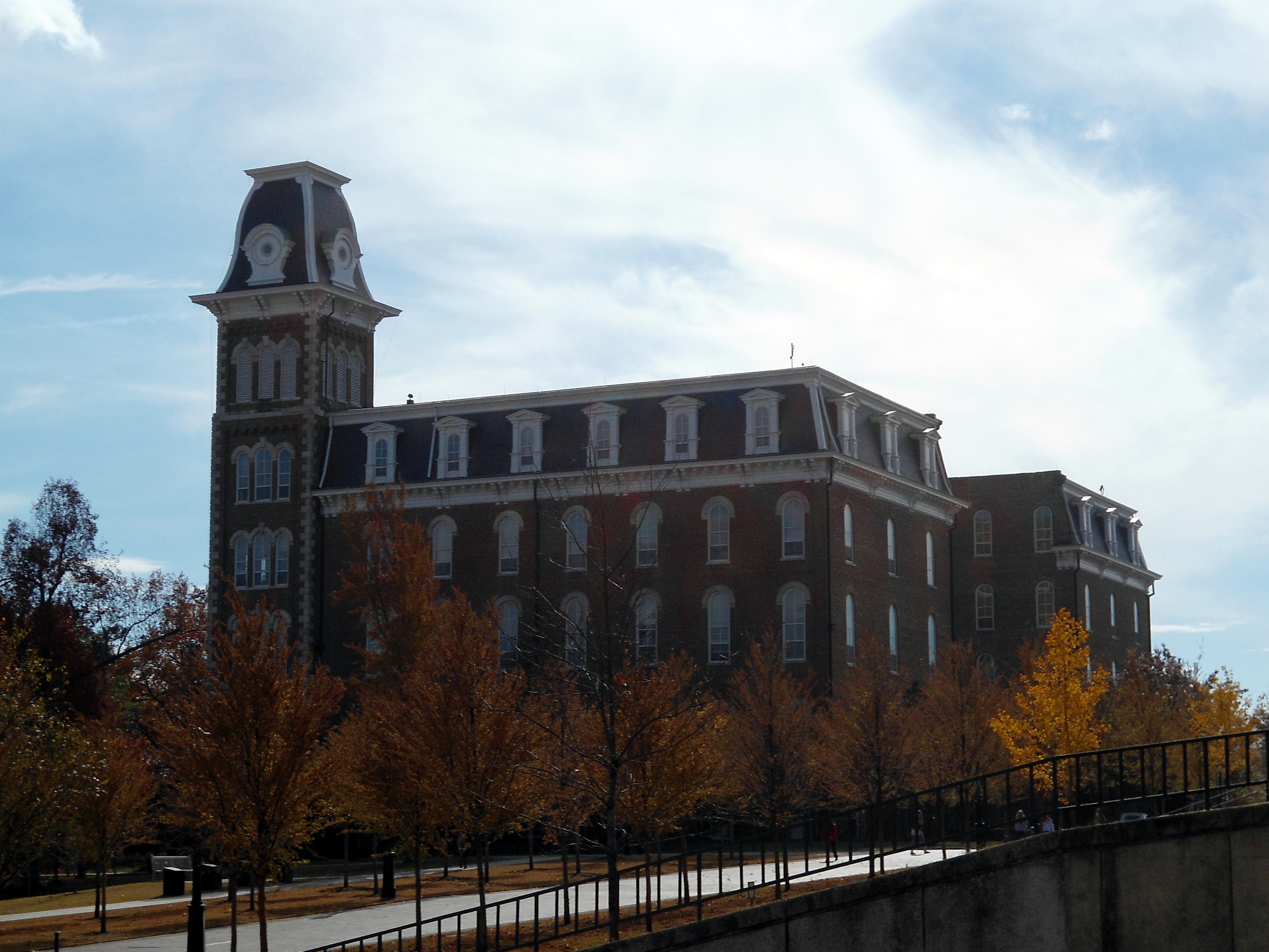 In 2015 the Arkansas Legislature passed Act 137, the Intrastate Commerce Act. This good law prevents local municipalities from creating protected classes not found in state law.
In 2015 the Arkansas Legislature passed Act 137, the Intrastate Commerce Act. This good law prevents local municipalities from creating protected classes not found in state law.
It ensures Arkansas does not wind up with a patchwork of conflicting civil rights ordinances and policies in different cities and counties. It also helps ensure local municipalities do not adopt ordinances that undermine religious liberties.
In the fall of 2015 the City of Fayetteville adopted an ordinance creating protections based on sexual orientation and gender identity.
Arkansas Attorney General Leslie Rutledge wrote that the ordinance was unenforceable under Act 137. Last February the Arkansas Supreme Court agreed and overturned the ordinance, saying it violates state law.
The discussion should have ended there, but now attorneys from the City of Fayetteville and the State of Arkansas are back in court, arguing over whether or not Act 137 is constitutional. Fayetteville’s attorneys say the law is not constitutional. The state’s attorneys say it is.
The judge overseeing the case has even gone so far as to suggest that lawmakers who sponsored Act 137 should be questioned to determine their reasoning for the legislation.
Legislative intent is important, but it has nothing to do with whether or not Act 137 is constitutional. Laws about discrimination are best left to the state and federal governments. Act 137 simply ensures the state will make those policies rather than local municipalities.
You can read more about this story here.
Photo Credit: “Old Main from the northwest, University of Arkansas, Fayetteville, Arkansas (autumn)” by Brandonrush – Own work. Licensed under Creative Commons Attribution-Share Alike 3.0 Unported.



